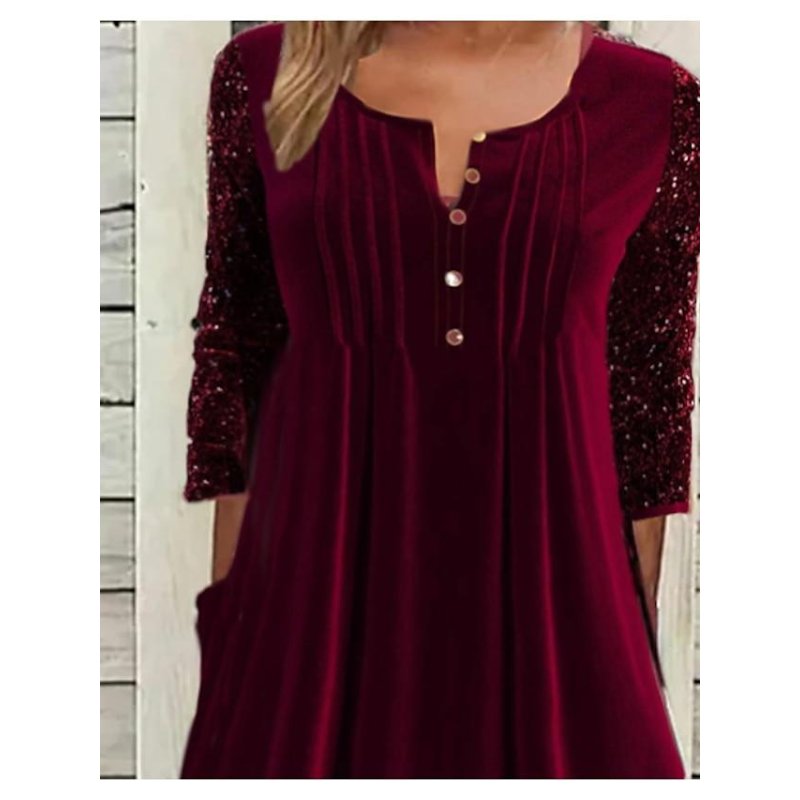Tag: sustainable clothing, fashion industry, eco-friendly fashion, ethical manufacturing
With increasing awareness about climate change and environmental conservation, sustainability has become a major driving force in various industries. And the clothing sector is no exception.
As consumers are becoming more conscious about their purchasing choices, there has been a surge in demand for sustainable clothing options. But what exactly is sustainable clothing? Simply put, it refers to garments that are made from environmentally friendly materials and manufactured using ethical practices.
The trend of sustainable clothing is gaining momentum as people are realizing the negative impact fast fashion has on our planet. Fast fashion is characterized by cheaply produced clothes that quickly go out of style and end up in landfills. This not only contributes to pollution but also leads to exploitation of labor in developing countries where most factories are located.
In contrast, sustainable clothing focuses on creating pieces that have a longer lifespan through quality materials and timeless designs. These clothes also use eco-friendly fabrics such as organic cotton or recycled polyester which have less impact on the environment compared to conventional materials like synthetic fibers.
Moreover, many brands are adopting ethical manufacturing practices by ensuring fair wages and safe working conditions for their workers. This not only supports human rights but also promotes transparency within the supply chain.
The rise of sustainable fashion has already started reshaping the traditional fashion industry. Big-name brands are now incorporating sustainability into their business models by offering eco-friendly collections or implementing recycling programs for old clothes.
Smaller independent labels that solely focus on producing sustainable clothing have also emerged with innovative ideas such as using natural dyes or partnering with local artisans for handmade pieces.
But it’s not just about being environmentally friendly; there’s also growing interest among consumers for unique and ethically made pieces rather than mass-produced items. This shift towards slow-fashion means investing in fewer high-quality garments rather than constantly buying low-quality ones that need to be replaced frequently.
In addition, the rise of social media and influencer marketing has played a significant role in promoting sustainable fashion. With more influencers advocating for eco-friendly fashion choices, it’s becoming easier for consumers to access information and make conscious decisions when shopping.
In conclusion, the trend towards sustainable clothing is not just a passing fad but rather a movement that is here to stay. As consumers demand more responsible practices from clothing brands, the industry will have no choice but to adapt and change its ways. By choosing sustainable options, we can all contribute towards a healthier planet and a fairer society.

